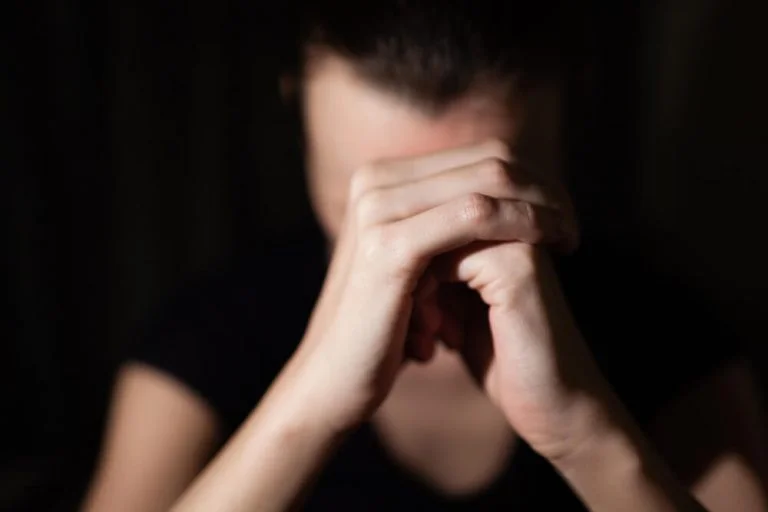7 Types of Relapses in Addiction Recovery
Relapse is most likely the number one concern on the mind of any newly-recovering addict and with good cause: between 40 and 60 percent of addicts going through their first year of sobriety will have a relapse. Apart from following a conclusive relapse prevention plan, the only thing that can help to protect you against relapse is recognizing it before it happens. In this article, we will take a look at the common types of relapses in addiction, which includes the stages of relapse.

7 Types of Relapses in Addiction Recovery That You Should Be Aware Of
1. The Avoidance Relapse
The first of the types of relapses in addiction we will discuss is one that is caused by distraction and avoidance. The recovering person in this scenario uses everything else to distract themselves from some of the tasks that they find difficult in recovery, such as going to regular meetings and stress reduction techniques. By avoiding elements of their addiction management plan, they open the door for relapse. This type of relapse can also occur through overconfidence where the person feels that they don’t need to follow their relapse prevention plan because they’ve beaten addiction.
2. The Perfectionist Relapse
The types of relapses in addiction include the perfectionist relapse. In this case, a recovering individual will set unrealistic goals for themselves, not leaving any room the natural course of recovery which includes bad days. This creates feelings of inadequacy and can set a person on a relapse course.
3. The Overwhelmed Relapse
Addictions can last for years. When the person finally gains control over their addictive behaviors, the life they return to can be foreign to them. Dealing with work responsibilities, taking care of yourself and others, and all of the responsibilities that addiction management has can quickly become overwhelming. When a person is overwhelmed in such a way, it can mean that their drug avoidance plan is inadequate and can eventually lead to a relapse as the person runs out of ways to deal with their emotions.
4. The Social and Peer Pressure Relapse
One of the things that a person must do to avoid relapse, especially early in recovery, is to avoid the places, things and people that are associated with substance abuse. This can mean avoiding friends that abuse alcohol and drugs, finding a different way to drive home that doesn’t go past a bottle store that you frequented, and anything in your life that can trigger cravings. However, when these things reenter into your life, it can put the type of pressure on you that can cause your prevention plan to fail.
5. The Emotional Stage of Relapse
Relapse doesn’t usually happen all at once, but rather as a process. The first of the stages of relapse is the emotional stage. In this stage, the addict will start to become overwhelmed by their emotions. While the person isn’t thinking of drug abuse yet, they are paving the road to it through the emotional imbalance and unmanaged stress levels.
6. The Mental Stage of Relapse
Another of the types of relapses in addiction is the mental stage. During this period, an addict who has not dealt with their overwhelming emotions will start to consider using drugs and alcohol again. The person will often romanticize their past use.
7. The Physical Stage of Relapse
This is the last stage where something can be done to stop a relapse. In this stage, the person will be on their way to their dealer, a drug-abusing friend’s house or the bottle store. It is still possible, however unlikely, to stop a relapse at this stage by reaching out to someone.
If you or a loved one is struggling with addiction, get help right away. Make a phone call that will connect you to a professional drug treatment center. The call you make may save your life or the life of someone you love. Call us today at (800) 429-7690.






